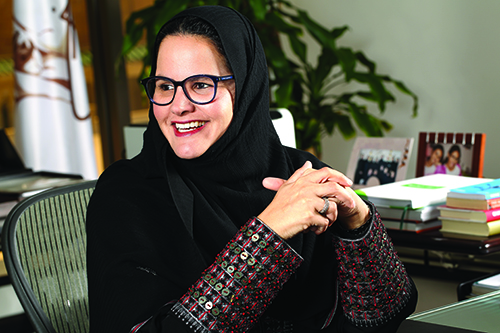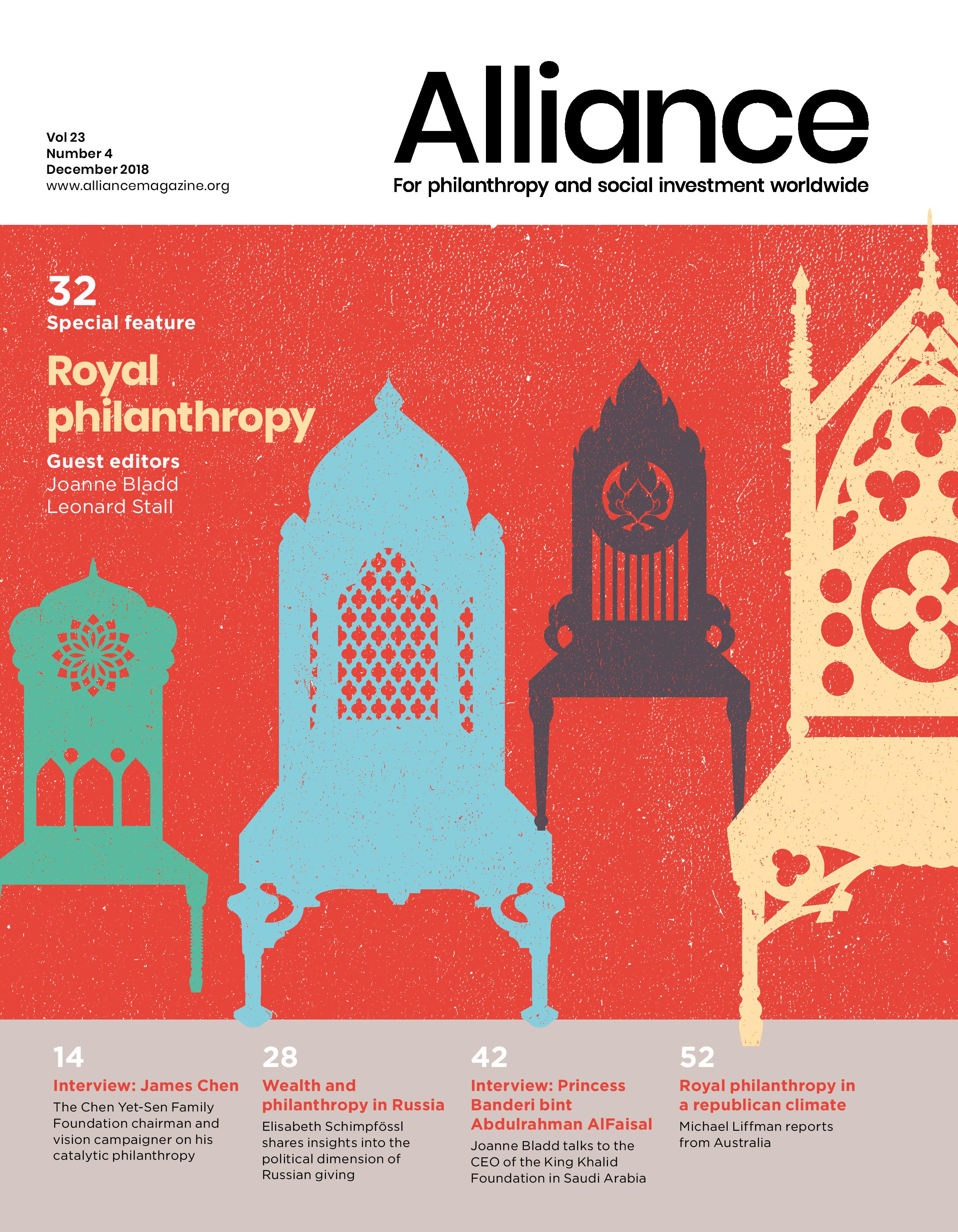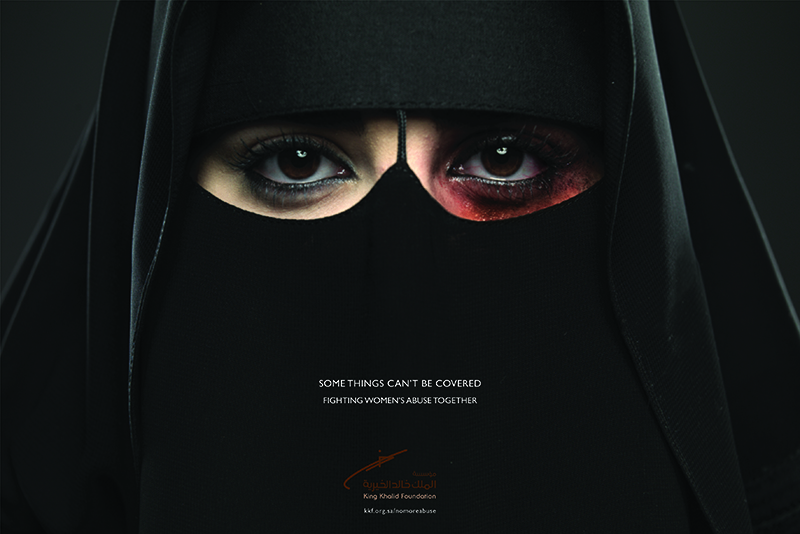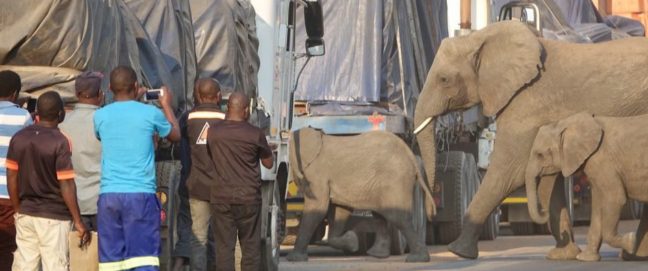 Princess Banderi bint Abdulrahman AlFaisal is the CEO of the King Khalid Foundation, and granddaughter of King Khalid bin Abdulaziz Al Saud who ruled Saudi Arabia from 1975 until his death in 1982. She tells guest editor Joanne Bladd the inside story of the foundation, and how it has evolved with the times.
Princess Banderi bint Abdulrahman AlFaisal is the CEO of the King Khalid Foundation, and granddaughter of King Khalid bin Abdulaziz Al Saud who ruled Saudi Arabia from 1975 until his death in 1982. She tells guest editor Joanne Bladd the inside story of the foundation, and how it has evolved with the times.
Bold philanthropy in Saudi Arabia
As a member of Saudi Arabia’s royal family, and as CEO of the King Khalid Foundation, how do you feel royal philanthropy differs from other forms of giving?
I think the fundamentals in many ways aren’t that different to mainstream philanthropy, but it is perhaps more personal. One of the challenges is safeguarding the name, and there is also the aspect of legacy, which I think is specific to royal philanthropy. For King Khalid Foundation, the family has a sense of wanting to preserve the values they grew up with. Every day, King Khalid would hold an open majlis where he met with people from every strata of Saudi society, who would come to talk to the king and to ask for his help. The family grew up in an open household, and King Khalid led by example. He gave of his time, his effort, and his resources – and the family wanted that to continue.
Is royal philanthropy in the GCC a natural extension of that social contract between rulers and their people?
I think it is an extension of the culture, yes. There is a sense that if there is a certain amount of privilege, there is a certain amount of obligation to give back and to have a positive influence on society. Saudi Arabia’s first two non-profit organisations were launched by women from the royal family in the 1960s, and I think that reflects the ties between their status as royals and their philanthropy. The reality of it is that high-profile men and women should use their title and influence to bring convening power, resources and light to a cause – that is a good thing.
The organisation reflects the man. We work within Saudi Arabia, as King Khalid did, and his interests were very much on the wellbeing of his people and the nation. Our primary focus is to promote equal opportunities in Saudi Arabia, whether that is through social investments, advocacy at a policy level, or through capacity building in the non-profit sector.
Was that the idea behind the launch of King Khalid Foundation (KKF)?
The foundation’s roots go back to the death of King Khalid. He died shortly before Ramadan [in 1982] and the family found he had already prepared his charitable giving for the holy month. The family distributed the money as he had intended, and then agreed to put aside a third of the inheritance for philanthropic work. This work continued anonymously for years before the foundation was formalised in 2001: this discretion was deliberate, as the family wanted it to be in line with traditional Islamic giving. But over the years, their position evolved. By 2001, the majority of the population had been born after King Khalid had passed away, and the family was keen to find a way to keep his memory alive for a new generation. There were also concerns over the impact and sustainability of the initiatives they had funded: were they really effective in helping to change people’s lives for the better? The decision to create the foundation grew out of this line of questioning.
How has that sense of obligation shaped the foundation’s vision?
The organisation reflects the man. We work within Saudi Arabia, as King Khalid did, and his interests were very much on the wellbeing of his people and the nation. He said: ‘Look after the weak, for the strong can look after themselves.’ So our primary focus is to promote equal opportunities in Saudi Arabia, whether that is through social investments, advocacy at a policy level, or through capacity building in the non-profit sector. Our goal is to ensure that all those in Saudi have access to opportunity – and the ability to capitalise on it.
The fact we have leverage and the name of King Khalid allows us to approach policymakers within the government and sometimes raise subjects that are taboo or more sensitive.
I think we also feel a sense of responsibility because we carry the name of King Khalid. The reality is that if you really want to make a difference, you have to constantly question what you are doing, and how you are doing it. Our board [which is comprised of family members] constantly challenges us to do more, and do better.
Does being a royal foundation confer benefits in the push for impact?
Certainly in our work in policy and advocacy, yes. The fact we have leverage and the name of King Khalid allows us to approach policymakers within the government and sometimes raise subjects that are taboo or more sensitive. Being a royal foundation gives us the ability to nudge, and to challenge, and so we do that as much as we can.
Could you give an example of that work?
We were the first organisation to speak about poverty within Saudi Arabia. In the early 2000s, the perception was that Saudi Arabia was a rich country – which it is – and therefore there was no poverty, and to suggest otherwise was taboo. At the time, as a country, we were focused on helping the Muslim poor around the world, and there was less focus paid to those closer to home. We held the first convening of the non-profit sector in 2001 and Prince Faisal bin Khalid, our chairman, spoke very powerfully about poverty within Saudi Arabia. The then Crown Prince Abdullah and Prince Salman – now King Salman – were in attendance, and the audience was completely captured by the speech. A week later, Crown Prince Abdullah was photographed visiting some of Riyadh’s poorest neighbourhoods, and sitting with the families. The images were indelible, and were followed by the launch of an anti-poverty initiative. It marked the first time that poverty had been spoken about openly and it was acknowledged that Saudi Arabia – like all countries – wasn’t immune to it.
We moved on to advocate for a nationally recognised poverty line, and now we lobby more broadly for social welfare and financial inclusion. But this was why we moved into advocacy: we saw the potential impact we could have and pivoted our model to seize the opportunity.
You were also one of the first organisations to actively tackle domestic violence in Saudi Arabia: your awareness campaign [which featured a hijab-clad model with a black eye, under the tagline ‘Some things can’t be hidden’] made global headlines.
The success of the campaign caught us by surprise: we didn’t expect the response from the global media. But it still took seven years to go from our proposing the legislation to the anti-domestic abuse law being signed into law. Seven years of lobbying, meetings, following up and pushing. One policymaker referred to King Khalid Foundation as a ‘persistent mosquito’. I took it as a compliment.
How does your work align with that of the government? How would you describe that dynamic?
I think carrying the name of King Khalid, and being of the royal family, it gives us an opportunity to challenge – and sometimes be critical of – certain policies, yet there can be no suggestion that we have any sinister or ulterior motives. Sometimes we do meet with resistance; sometimes there is a backlash. When we first highlighted the issue of poverty, I heard a radio interview with the head of a prominent organisation here, which worked internationally. He was pointing to sales of luxury goods in the kingdom and saying: ‘Why is there a campaign to donate locally? We have no poverty here. Look at how much we spend on perfume.’ Not everyone agrees with our work.
More recently, with the pace and speed of change in Saudi Arabia, we had serious internal discussions about how to remain relevant. The results of those were that we would focus primarily on equal opportunities, and we would pivot to become a grantmaking and financing organisation.
But given this position we are in, if we don’t ask these questions, who will? Because we are an independent foundation, because we aren’t reliant on government funding as many non-profits are, we have the ability to be agile. We might push the envelope, yes, but at the end of the day it is done with good intentions. Some groups might disagree with what we are doing, or how we do it, but they know we are not a threat.
As a foundation, how do you choose which organisations and causes to invest in?
We focus on the most marginalised groups in Saudi society, and on giving these people access to opportunity. Whether it is through advocacy, or social investment, we focus on causes that affect these groups. Sometimes it might be an issue that has grabbed the attention of the public, and we’ll take the opportunity to push ahead with it. At other times the approach is top-down, and we pursue an issue that resonates with our board. It’s also about the best use of our resources. Sometimes there are causes that we know are critical, but we might not have the financial or human capital to work on them.
Since its launch, KKF has pushed to strengthen Saudi’s non-profit sector through capacity building. However, you recently repositioned yourself as a grantmaking foundation. What was behind that move?
When we began, we wanted to be a grantmaking organisation. But we also wanted to focus on long-term impact and sustainability, and at that point there were no organisations in Saudi able to take advantage of our funding in the way we wanted. We worked on training and capacity building out of necessity – we didn’t want to be an implementing organisation, but for ten years we were. More recently, with the pace and speed of change in Saudi Arabia, we had serious internal discussions about how to remain relevant. The results of those were that we would focus primarily on equal opportunities, and we would pivot to become a grantmaking and financing organisation. With Saudi Arabia moving forward so quickly, we want to ensure no one falls through the cracks. We want everyone to be able to take advantage of the country’s progress. We consider ourselves to be a learning foundation, so when the situation on the ground changes, we have to change with it.
To what degree has the wider non-profit sector progressed?
For a long time, the sector in Saudi was synonymous with charity. It wasn’t seen as a viable conduit for social change, and its potential wasn’t realised. That’s changing. Saudi’s Vision 2030 [a national blueprint for economic growth] calls for the non-profit sector to generate 5 per cent of GDP by 2030, up from 1 per cent today – and that’s because the government now sees it as a partner in economic and social change. But it took a lot of work to shift that conversation, and to change the way the sector saw itself. For years, we were the only people to use the phrase ‘non-profit sector’; we refused to call it the charitable sector.
I feel royal foundations have more of an obligation to be transparent. If you take the Bill & Melinda Gates Foundation, for example, it is clear where that money came from and its background. With royal foundations, the lines are more blurred. So for me, transparency – more transparency – is better because of this.
There is still a lot of work to do in terms of professionalising the field. As organisations, we need to challenge ourselves to step forward, make a difference, and be accountable. We also need to pitch to the general public, to show the value we bring. But the data is encouraging: it shows the non-profit sector is the fastest-growing contributor to [Saudi Arabia’s] GDP. It shows it pays, on average, higher wages than the private sector. It’s the most gender-balanced sector, so we’re ahead of the curve in terms of inclusion. These numbers are key to our value proposition, and to positioning the sector both as an attractive career path for young Saudis, and as a partner in building the country’s future.
How do you think royal foundations are viewed here in the region?
I’m not sure people would give me their honest opinion if they felt negatively. For me, it’s encouraging to see the range of initiatives and foundations coming up across the region: I’d like to see more. Are some vanity projects? Yes. But I think they are in the minority, and that most are sincere in their wish to do good. I think that having leaders who are active in philanthropy themselves – Crown Prince Mohammed bin Salman established MiSK Foundation, for example and King Salman has a long history of philanthropy – helps to strengthen the focus of formal philanthropic ventures. It also means they are predisposed towards supporting the sector.
Do you think royal philanthropy is sufficiently transparent?
It could be argued that royal philanthropy is not that different to a high-net-worth individual giving away their money: it is personal philanthropy, and so should that be open to public scrutiny? For me, I feel royal foundations have more of an obligation to be transparent. If you take the Bill & Melinda Gates Foundation, for example, it is clear where that money came from and its background. With royal foundations, the lines are more blurred. So for me, transparency – more transparency – is better because of this.
What do you think your grandfather would have thought of the work the foundation is doing?
I hope he would feel the foundation carries his values, and reflects a man who cared for his people and his nation. I hope that he would be proud.








Comments (0)